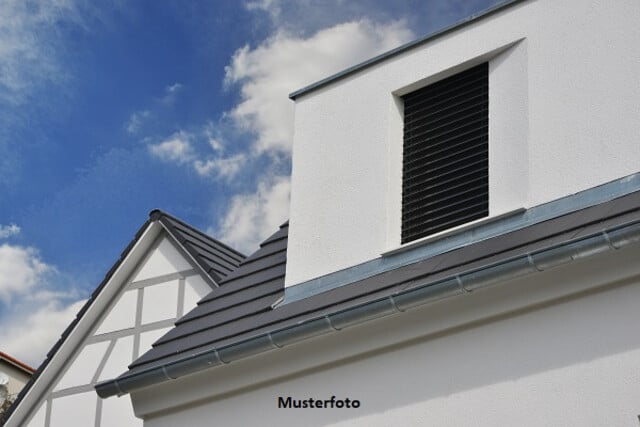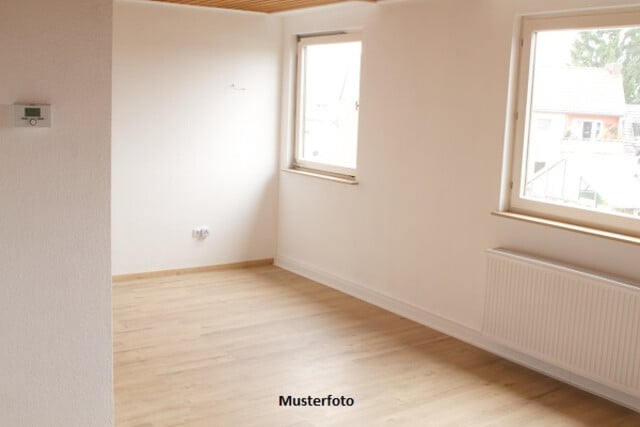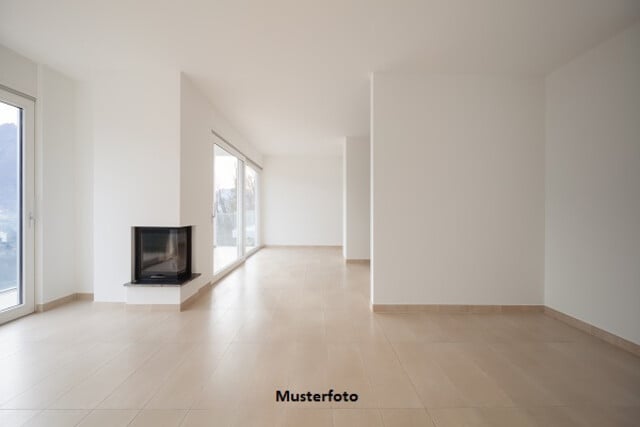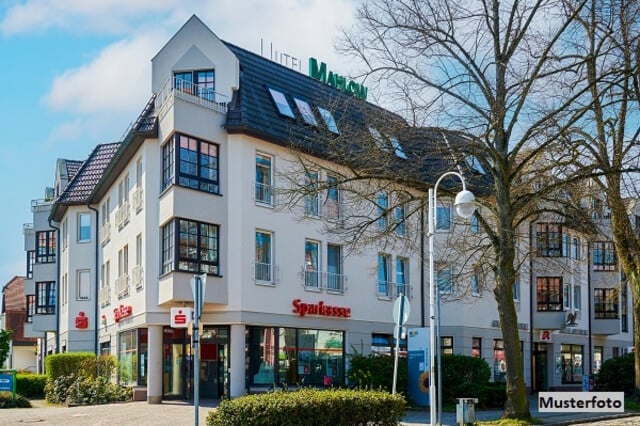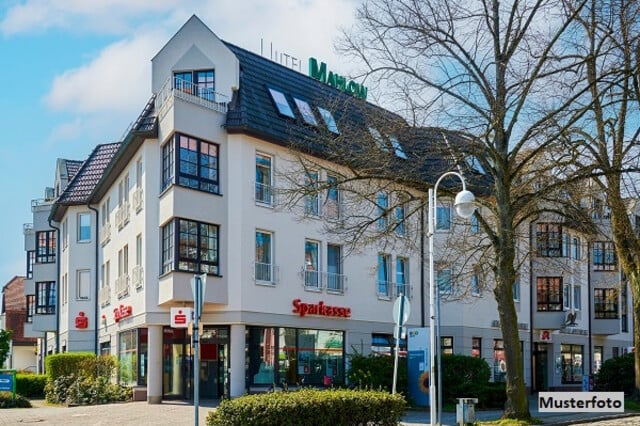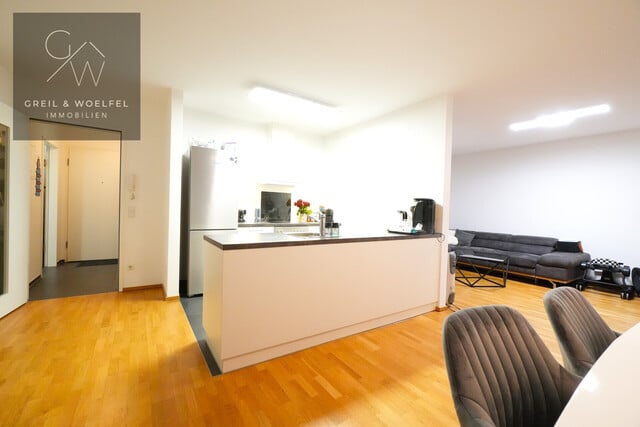Vienna Election 2025: Mood Test for Three-Party Coalition

According to forecasts, the result of the Vienna election could be particularly unpleasant for the Chancellor's party. SPÖ and NEOS, on the other hand, hope for support for their role in the federal government. An advantage for the three-party coalition is that after the election in Vienna, there will be no major elections for about two years.
Vienna election will not be pleasant for ÖVP
Elections in Vienna are significant simply because more than one in six eligible voters live in the federal capital. The election is both a municipal council and state election, and district representatives are also elected. Nevertheless, the impact on the federal political level is likely to be manageable. The election takes place too early to evaluate the work of the new federal government. From the current perspective, the ÖVP of Federal Chancellor Christian Stocker must prepare for the biggest losses in Vienna. "Stocker will not lose his obviously very good nerves, but it will not be pleasant," says political consultant Thomas Hofer to the APA. If the People's Party plummets massively, the question will arise again as to why the ÖVP is so weak in the cities. After the loss of Vorarlberg's largest city, Dornbirn, to the SPÖ, Wiener Neustadt is now the largest city with an ÖVP head.
Federal SPÖ can approach Vienna election relatively calmly
In contrast, according to Hofer, the federal SPÖ can approach the election relatively calmly. Although mobilization is a question, if the mayor's party remains above 40 percent, it can be said that the stronghold has been maintained. Even with the NEOS, where the mood is generally good given their entry into government, no major losses are expected in Vienna. If they gain slightly, it could be seen as a confirmation of their participation in the government.
At the FPÖ, due to the low starting position - in 2020, the Blues in Vienna had plummeted to 7.11 percent and fifth place - gains will be celebrated in any case. That the result will likely be far below the potential that was tapped into ten years ago with more than 30 percent will probably be discussed internally, according to Hofer. However, the expert does not expect an open leadership debate. Of course, there are state parties that see a missed opportunity for the chancellorship, but he does not see a willingness for conflict.
Within the federal Greens, expectations of re-entering the city government in Vienna after a five-year break are muted, believes the expert. Additionally, a generational change at the party leadership is planned in the coming months anyway.
Vienna Election: Potential Conflict for Three-Party Coalition Due to Austerity
Political scientist Peter Filzmaier sees potential conflict for the three-party coalition in the current austerity measures. Should the Vienna SPÖ succumb to the temptation to deflect from its own debt level and shift responsibility to the ÖVP, and if this develops its own momentum, it could strain the relationship between the SPÖ and ÖVP in the federal government, he says. Also, the decision on which of the numerous government projects, which are subject to budget constraints, will be implemented or not, or if further austerity measures need to be added, "is always delicate and difficult."
Many see a chance to tackle unpleasant structural reforms in the fact that after the Vienna election, there will be no elections for a longer period. The next state election is scheduled to take place in more than two years, in 2027, in Upper Austria. Municipal elections will be held next year in individual cities (St. Pölten, Graz, and Waidhofen an der Ybbs), and in early 2027, municipal elections in Carinthia. Whether this time window will actually be used remains to be seen, according to Hofer. In the past, there have always been election-free periods in which these reforms were not addressed.
(APA/Red)
This article has been automatically translated, read the original article here.
Du hast einen Hinweis für uns? Oder einen Insider-Tipp, was bei dir in der Gegend gerade passiert? Dann melde dich bei uns, damit wir darüber berichten können.
Wir gehen allen Hinweisen nach, die wir erhalten. Und damit wir schon einen Vorgeschmack und einen guten Überblick bekommen, freuen wir uns über Fotos, Videos oder Texte. Einfach das Formular unten ausfüllen und schon landet dein Tipp bei uns in der Redaktion.
Alternativ kannst du uns direkt über WhatsApp kontaktieren: Zum WhatsApp Chat
Herzlichen Dank für deine Zusendung.


